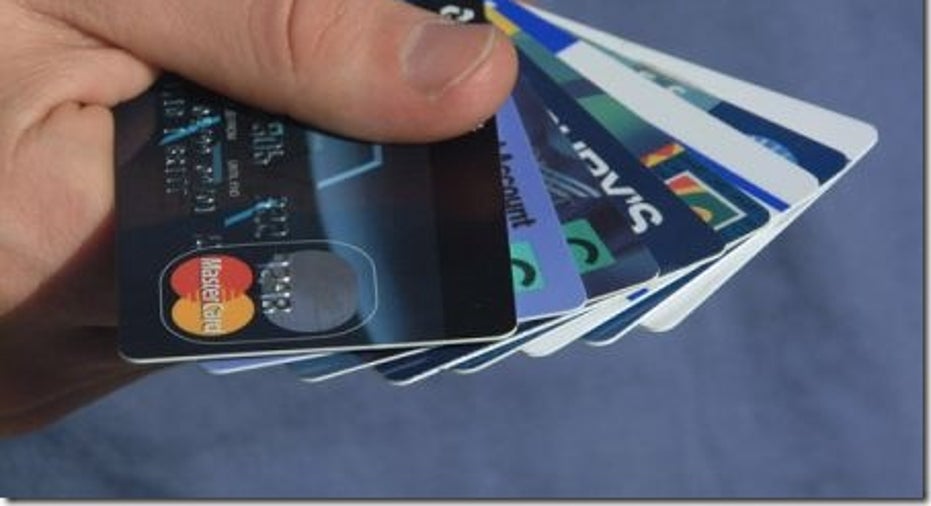Are Chip Cards Necessary for Charging Overseas?

Dear Cashing In,
It looks like I'm going to be traveling overseas more often, particularly to Europe, and I'd like a rewards card that will take advantage of this. I'm currently using Chase Freedom. What would you suggest? Do I need to get a chip-and-PIN card like they use in Europe?
- Ilana
Dear Ilana,
First, I'd look for a card with no foreign transaction fees. Your current card, Chase Freedom, charges 2.7% for every charge you make overseas -- that means you would pay an extra $82.50 every time you charge $3,000.
At that rate, it might make more sense to upgrade to Chase Sapphire Preferred. Unlike Freedom, which is fee-free, Sapphire Preferred comes with a $95 annual fee (waived the first year), but you can probably earn that back in saved foreign transaction fees -- not to mention richer rewards for your travel expenses. Among other goodies, you get double points on travel bookings made via Chase Ultimate Rewards and a 40,000-point sign-up bonus worth about $500 in travel.
Other reward cards (with modest or no annual fees) that don't charge foreign transaction fees include Capital One Venture, Citi Thank You Premiere, Chase Priority Club or Marriott Premier Visas, and Bank of America Travel or Privilege.
None is chip-and-PIN, however. Like most of the credit cards made in the U.S., they sport that familiar magnetic stripe, and use a technology that is being phased out in many parts of the world, particularly Europe, where chip-and-PIN cards are considered a safeguard against identity theft.
Chip-and-PIN cards are meant to work with a PIN number. These cards are harder to duplicate and pull information from. As someone who has had a credit card duplicated and used while traveling overseas (without having ever misplaced it), I can vouch for the fact that this does happen, pretty frequently. (I should add I've never been held liable for those fraudulent charges.)
It's hard to find an American-made chip-and-PIN card, however, and so far impossible to find a good travel rewards chip-and-PIN. A few credit unions issue basic chip-and-PIN cards, but since you want to maximize rewards with your purchases, your best bet may be to make do for now with magnetic stripe cards -- which still get you pretty far, rumors not withstanding -- and avoid kiosks that insist on chip-and-PIN. During this transition period, it's rarely an either-or proposition -- up to now, American cards that have chip also have a stripe, as do most European cards.
Your other option is to apply for one of the chip-and-signature cards that have begun to appear stateside. These have chip technology (in addition to a magnetic stripe), but unlike European versions they require a signature rather than a PIN. While they won't be accepted at every kiosk overseas, you'll probably find them easier to use than cards with magnetic stripes. It looks like U.S. card issuers are settling on that compromise for travel rewards cards, judging from what we're starting to see on the market.
Chase has a few travel rewards cards of the chip-and-signature variety, including the Hyatt Visa and British Airways Visa. Citibank seems to be moving in this direction as well. When Citi introduced the premiere version of their Hilton rewards card in July, the HHonors Reserve Visa, it was in the form of a chip-and-signature card.
Choose a card that rewards your travel behavior, including airlines and hotels you favor, but make sure it's one that will be widely accepted and doesn't gouge you with unnecessary fees.



















